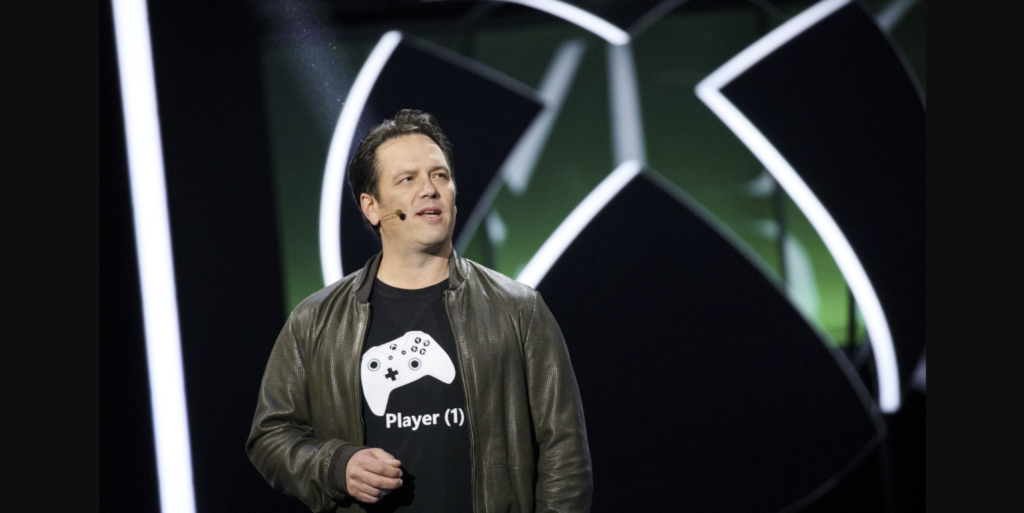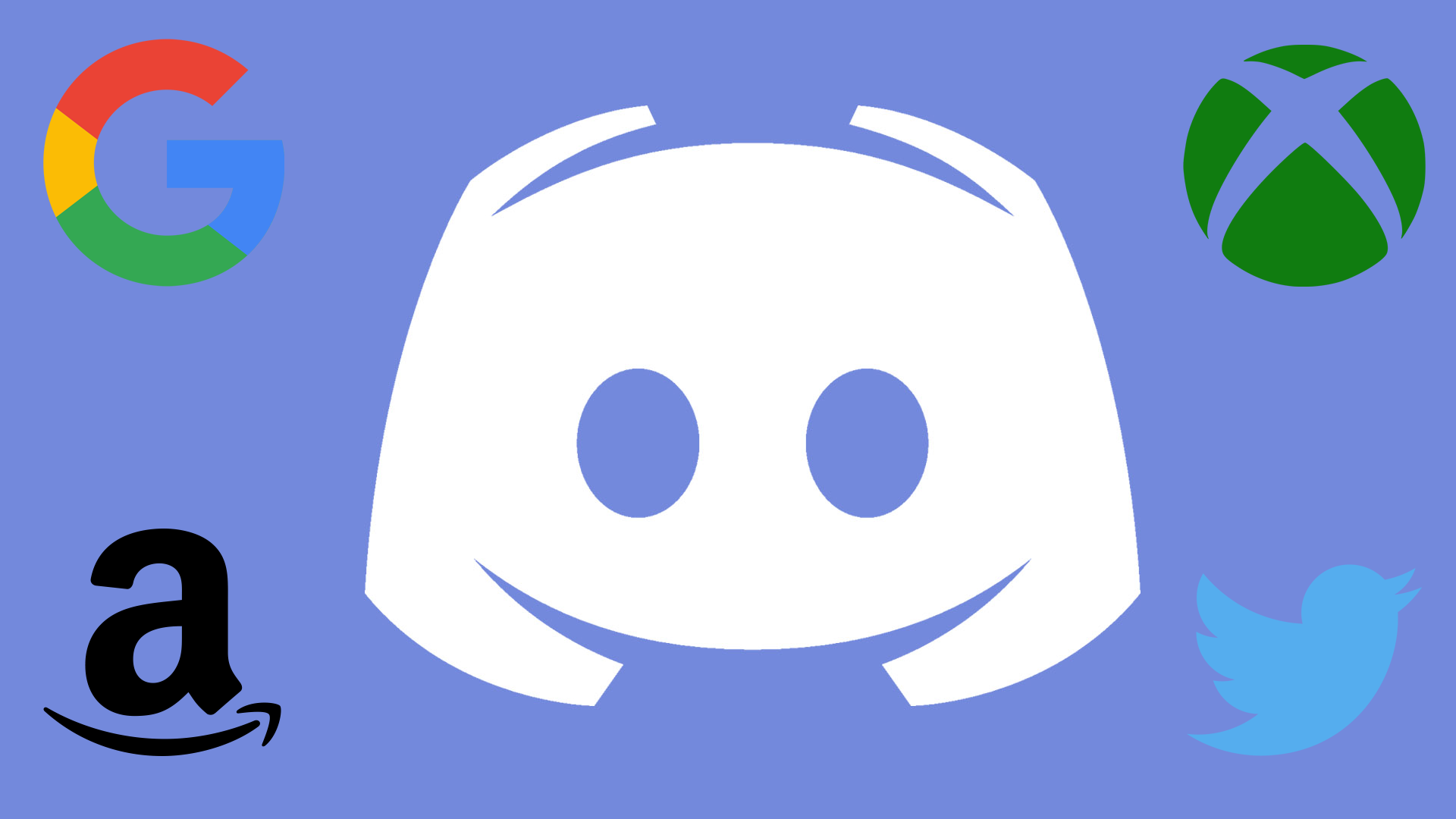Discord wants to get married, and the wedding could cost more than $10 billion.
While Zoom became a household name in 2020 as the world shifted to working under quarantine, it wasn’t the only communications platform to see enormous growth. Discord, founded in 2015, by OpenFeint’s Jason Citron, saw usership nearly double to 100 million monthly active users last year.
When Discord came on the scene, it was a major disruptor. The free application meant that gaming clans could move away from pricey options like TeamSpeak and Ventrilo, which were the de facto choices for “serious” groups. It also snatched a potential growth opportunity from Slack, with its full-service feature suite: text, voice, video, and screen sharing.
Now, the company is reportedly poised to sell with a desired $10 billion price tag (via GamesBeat), which would give the lucky suitor a reported current active user base of more than 100 million MAUs across 300 million accounts on 6.7 million daily active servers. It hasn’t been all smooth sailing for the platform, though.
A failed attempt to create a digital marketplace for games due to what seemed like lack of commitment to the endeavor shook confidence. The service, like many online platforms, has had to root out white supremacists and racists. And, like many private companies angling for an acquisition or an IPO, Discord isn’t turning a profit according to the Wall Street Journal earlier this month.
However, a recent rebrand positioning the company as more than just a service for gamers, a $100 million funding infusion, and a revenue model built around premium Nitro subscriptions and server boosts (to unlock emote slots, better voice chat quality, improved streaming resolution, and more) have set Discord up for a wide range of potential suitors.
According to GamesBeat, Microsoft, Amazon, Google, and Twitter are potentially interested given their war chests, with one company in the lead. Bloomberg suggests that Microsoft is the current frontrunner. We believe that Microsoft would be an excellent fit for Discord for a number of reasons, beyond simply having the funds available after it failed to acquire TikTok for $30 billion in 2020.
In 2018, at an industry event, I mentioned to a then Discord employee that I was curious when the company would be snapped up. Microsoft was the company I identified as the best fit then, with Phil Spencer having only six months prior taken the stage at DICE to set Xbox’s vision that “gaming is for everyone.”

That inclusive message has been the underpinning of Microsoft’s philosophy since then, which means that Discord would likely remain as open as it is now. Additionally, Microsoft has more to gain from Discord than just its revenue potential. Skype and Microsoft Teams could benefit from Discord’s expertise, improving those products while still allowing each of those services to retain their own branding and focus.
On the consumer side, bundling Discord Nitro with Game Pass Ultimate would further enhance the enormous value that service already offers. Any acquisition tends to make users nervous, especially when a first-party platform holder is involved. Microsoft has proven that it can maintain a platform agnostic position when it’s appropriate.
When the tech giant acquired Minecraft maker Mojang, there was worry that Microsoft would rip the game from PlayStation fans. Instead, the Minecraft hasn’t just survived under the Xbox team, it’s thrived. Additionally, Microsoft re-embracing PC as its home turf has created more value for players.
There’s worry among some Discord users that Microsoft might eventually shut the service down just a few years post-acquisition. We most often see this trepidation connected with the fate of Mixer (née Beam), which was shuttered in 2020 with its excellent streaming technology farmed off to Facebook. Discord would be a different situation, with Microsoft acquiring a market leader rather than an underdog taking on a titan like Twitch, which had a massive user base and years of first-mover advantage. We do not see a Discord acquisition as analogous to Beam/Mixer.
But what about the competition? Amazon, Google, and Twitter each have their own reasons for being interested in Discord.
Twitch, which Amazon purchased in 2014 for nearly $1 billion, is a perfect complement to the community platform. Many Twitch streamers maintain their own Discord servers and use the voice and video features during co-streams. Amazon could easily and successfully integrate Discord Nitro with its Prime Gaming offering and provide benefits to Twitch affiliates and partners.
The user base and all of the associated data no doubt has Amazon salivating. Jeff Bezos and company no doubt see Discord as a perfect vehicle for increasing advertising revenue and converting sales to the company’s already robust digital and physical video game business. Amazon has also been slowly ramping up advertising on Twitch, pushing affiliates and partners to run more ads.
That may be a sticking point for Discord, which has been against aggressive advertising. That would also make Twitter a less desirable partner. The social media platform has ramped up its advertising via promoted tweets in the last 12 months.
That leaves Google as the last big candidate. As we’ve discussed on Virtual Economy many times over the past year, Google isn’t the most reliable of companies. Sure, its core products are stable, efficient, and supported. I don’t expect that GMail, Drive, Calendar, GSuite, etc are going anywhere. But the ground is littered with the corpses of Google products (some) people loved: Reader, Wave, Play Music, Google+, and many more.

Seriously. LOOK AT THIS GRAVEYARD! Even Hangouts is on the chopping block, with a termination date within the next few months. We’re waiting for Stadia to be added to this list, after Google pulled the plug on its internal development without addressing the core issues of the service’s business model.
The only way Discord continues on its trajectory with Google is if there’s a firewall built around it. It wouldn’t be unprecedented, though. Owlchemy Labs (developers of Job Simulator and Vacation Simulator) was smart and carved out semi-independence when it was acquired by Google in 2017.
Discord might be too large an investment to get the same kind of consideration, though. In addition, Google’s history with data privacy isn’t spotless. The company is currently being sued for continuing to track user activity even in “incognito” mode.
There’s also the company’s abject failure to address and remedy rampant racism, anti-vaccine information, and hate speech on its YouTube platform. Without protections, a Google-run Discord could easily become fertile ground for hate groups and domestic terrorists (something current Discord management has continued to actively fight since 2017).
There is one more option, of course. Discord may ultimately decide not to sell.
It may turn out that Discord determines that none of the potential suitors are the right fit. If that were to happen, we expect that Discord will continue growing over the next few years before eventually going public (or attempting another sale).
If the Citron and his team do decide that an acquisition is right, they’ll need to work hard to reassure skittish users that things aren’t going to change for the worse. But no matter what words they craft around a deal, it’ll be action that determines whether Discord users stick around or jump ship.
